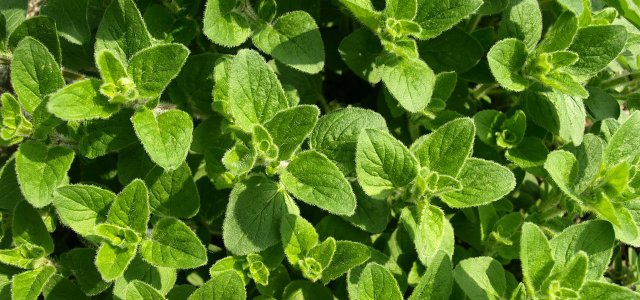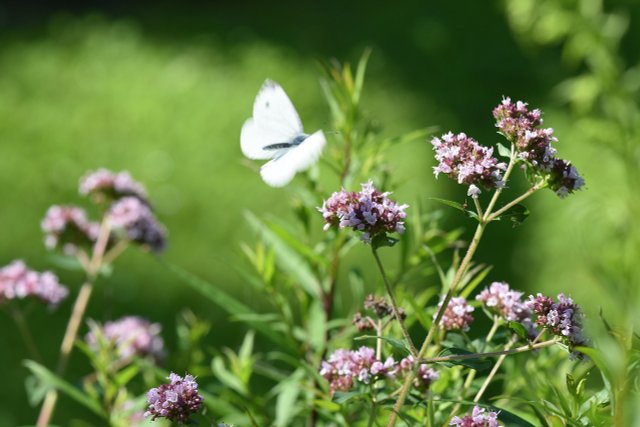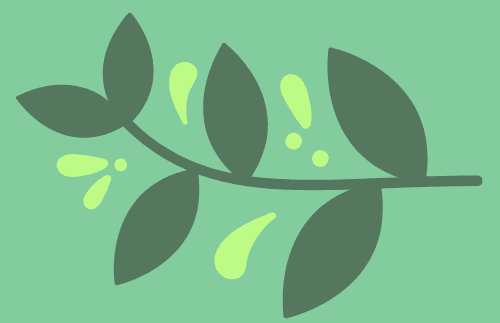
Oregano is a popular and versatile herb for cooking and healing. We’ll show you how to plant oregano – whether in a pot or in the garden.
Contents
Oregano: Popular Mediterranean herb
Oregano (Latin: Origanum) is also known as thistle, origano or wild marjoram. The tasty herb originated in the European Mediterranean region and is now widespread throughout the world. Oregano is closely related to the native marjoram and is also often confused with it. Although the heat-loving herbs are visually very similar and both exude an aromatic scent, a closer look reveals differences: Oregano has slightly larger and finely hairy leaves compared to marjoram.
Also known as “wild marjoram”, oregano, unlike its close relative, has not been cultivated and also grows outdoors. An argument to plant oregano in the garden or balcony: It is perennial and hardy. You can plant oregano in a herb bed or a herb spiral as well as in pots or tubs. To enjoy it for a long time, there are a few things you should keep in mind.
Planting oregano: This is how it’s done
The ideal location
As a typical Mediterranean herb, oregano loves sun and warmth. Therefore, choose for its location a place as sheltered as possible with sufficient, ideally direct sunlight. The more sun your plant gets, the more aromatic leaves it will produce. In a herb spiral, oregano thrives magnificently in the upper tiers. As a substrate, you should use a light, chalky and permeable soil. Make sure the soil is peat-free to preserve the bogs.
Plant oregano seeds
You can grow oregano directly from small seeds. The growing process is straightforward:
- From mid-April, when temperatures no longer drop below zero, you can sow the seeds directly in the open ground. If you want to start gardening earlier, you can also grow them in pots in frost-protected rooms from the beginning of February. We recommend organic seeds.
- Oregano belongs to the so-called light germinators. As such, the seeds need direct sunlight to sprout and must not be covered with soil. It is therefore sufficient to simply scatter them loosely over some freshly prepared soil and press lightly. In open ground, keep a distance of at least ten centimeters between individual seeds for this purpose. Young oregano bushes grow quite spreading.
- You should always keep the soil moist during cultivation. To prevent the loose seeds from being washed away by water, use a spray bottle or the rain attachment of your watering can.
After about two to four weeks you can look forward to young oregano plants.
Cultivate oregano seedlings
It is convenient to buy already pre-cultivated oregano plants in stores or to grow individual seedlings yourself. Most of the time, you don’t need more than one or two shrubs for daily use. Outdoor sowing is therefore especially recommended for larger needs. You can find seedlings in any plant shop, which you can plant directly in the field or use as a decorative kitchen herb.
Tip: Oregano can be wonderfully combined with other kitchen herbs. Particularly compatible are sage, basil, savory or thyme. All varieties can be cultivated together in the same bed or pot without hesitation.
If you have a rich harvest, you can dry your oregano and make it durable.
Care tips for oregano

Not only sufficient sunlight, but also the type and care of the soil influence the taste of your oregano.
- The plants like well-drained, dry and calcareous soils that are low in nutrients.
- While regular watering is important for young plants, a mature oregano plant requires rather little water. But even if the plant originates from southern Europe – you should never let the soil dry out completely.
- During dry and hot summer months, it is advisable to generously water the soil of free-standing plants occasionally, so that the herb can draw water properly.
- Oregano in a pot should be watered more often and more moderately. In hot periods, this can be daily.
- Waterlogging should be avoided at all costs with oregano.
- Fertilizing is not absolutely necessary for oregano. To strengthen your plant, you can treat it to a dose of organic fertilizer every four to six weeks.
Oregano for bees
Oregano blooms between July and September. At the top of the pink flower umbel is usually a white-edged calyx.
But you’re not the only one who can enjoy the decorative blooms: oregano is a bee-friendly plant and a real magnet for butterflies and co. So don’t remove the blossoms of your herbs, so you can provide an important food source for native beneficial insects until autumn.


